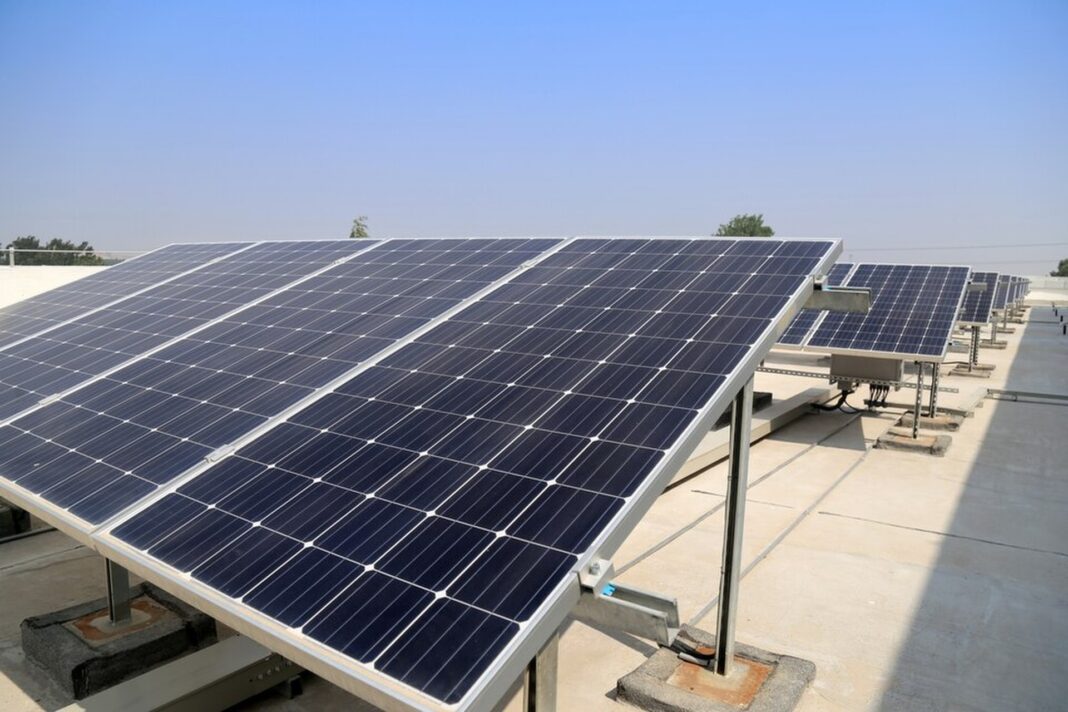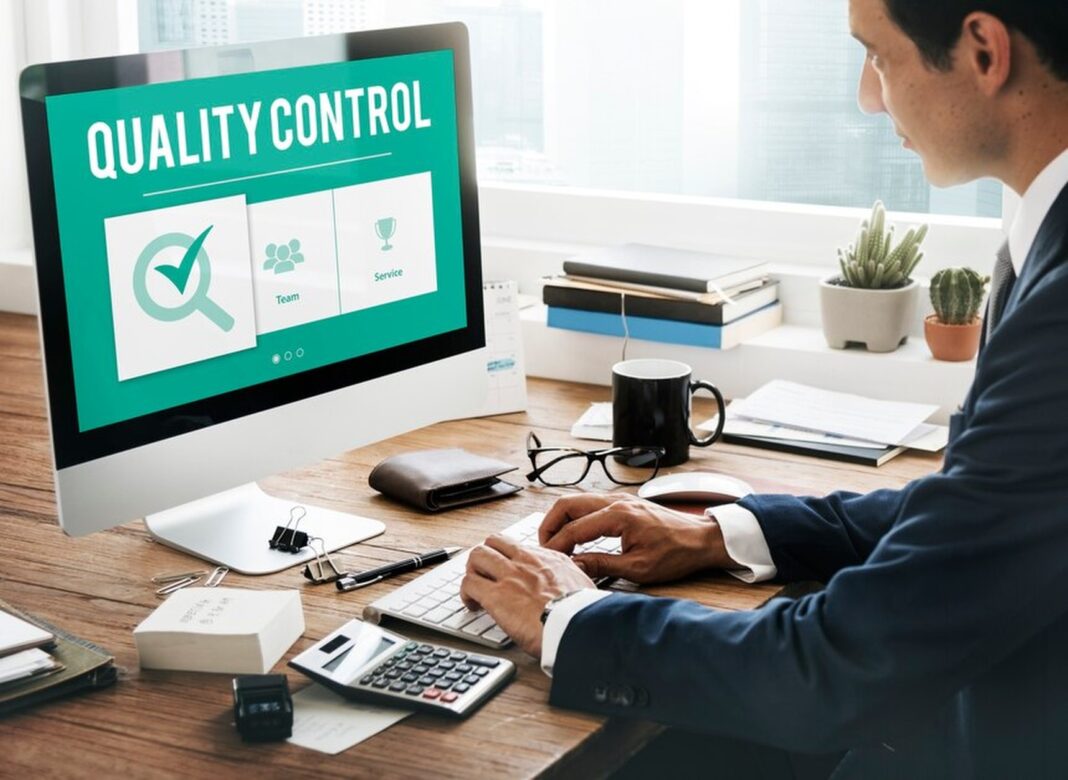Understanding Solar Panel Components
Solar panels have several important parts that work together to turn light from the sun into power. The photovoltaic PV cells are the most noticeable part. They take in sunshine and turn it into electricity. Silicon, which is a very active material, is often used to make these cells.
Another important part is the converter which changes the direct current DC that the solar cells make into alternating current AC which home products can use. The positioning method is important because it keeps the panels in place on the ground or roof.
The wire links all the parts together and makes sure that energy flows smoothly. There may also be a tracking system to keep an eye on how much energy is being made and how well the system is working. Knowing about these parts helps people understand how their solar energy systems work and how important each one is.
The Importance Of Regular Maintenance
Solar panels need to be serviced regularly to make sure they work at their best. Solar energy systems need to be checked and fixed on a regular basis just like any other mechanical system. Over time dirt dust and even bird droppings can build up on the boards and block the sun making them less effective. Regular cleaning can help keep things running at their best. Also any wires or links that can be seen should be checked for signs of wear.
Any parts that aren’t working right need to be fixed right away to avoid more damage. Professional checks can find problems that aren’t obvious at first glance. These checks can make tools last longer and produce more energy. Maintenance not only makes things work better but it can also keep them from breaking down and costing a lot to fix in the future.
How Weather Affects Solar Panels
The weather has a big effect on how well solar cells work. Energy production needs sunlight and days with clouds or rain can make it harder to make power. Even though the light isn’t direct, solar cells can still work well. The flat surface of solar cells makes it easy for snow to slide off but snow can act as an insulation and lower performance. Also high temperatures can make things less efficient.
Most of the time solar panels work best when the temperature is normal. Too much heat can lower their output. The wind cools things down. Hail or strong rains can damage panels but most current panels are made to handle rough weather. Figuring out how the weather affects solar energy production can help people set realistic goals and make the most of their systems.
Cleaning Techniques For Solar Panels
Solar panels need to be kept clean in order to keep working well. A soft brush and clean water are generally enough to clean things in a basic way. First use a hose to get rid of any loose dirt or dust. Then gently scrub the panels. If you have spots that won’t come out, use a light soap solution. It is very important not to use rough materials on the walls because they can scratch them.
If you’d rather have a professional do it there are a lot of companies that clean solar panels. They get rid of dirt and grime well without damaging the surface. It is also important to clean at the right time. The cooler temperatures in the early morning or late afternoon make cleaning easier and less likely to leave water spots. Cleaning the solar system on a regular basis can greatly increase its energy output and make it last longer.
Common Issues With Solar Panels And Solutions
Solar panels are usually effective but sometimes problems happen that make them less useful. A usual issue is the growth of trash and dirt. This blockage can make things much less efficient. An easy fix is to clean regularly. Another problem is wires or links that don’t work right which can cause energy loss. If you look at the wires you might find problems that need to be fixed.
Inverters can break down which means they need to be fixed or replaced by a professional. Trees or buildings that cast shadows can also make things harder to do. Cutting back close plants can help make the most of the sunlight. Lastly tracking systems can let people know about any problems so that they can be fixed quickly. Fixing these common issues helps keep the system energy production at its best and extends its life.
When To Call A Professional
It is important to know when to call a professional for solar panel service to keep the system running well. If people notice a big drop in energy production for no clear reason they should get an expert to look into it. Also help needs to be given right away if there are any obvious signs of damage like broken panels or loose connections.
By checking systems on a daily basis experienced techs can find early signs of problems before they get worse. They can also deal with complicated problems that an owner might not be able to handle. Professionals can help keep solar energy systems running easily by giving them regular care. Getting help from professionals makes sure that fixes are made quickly which stops problems from getting worse in the future.
How Often Should I Clean My Solar Panels?
How often solar panels need to be cleaned depends a lot on the weather. In places where it rains a lot, panels can stay mostly clean with the help of natural rainwater. So it may only need to be cleaned once or twice a year. On the other hand, areas that are prone to dust or have a lot of trees should be cleaned more often.
People may decide that cleaning their homes every three to six months is better. It is also a good idea to check the panels visually on a regular basis to see if any trash is building up. If you see a lot of dirt building up or less energy being used you might want to clean sooner. You can also tell when cleaning might be needed by keeping an eye on the weather.
What Are The Signs That My Solar Panels Need Maintenance?
A few key signs can let you know that your solar panels need to be serviced. A clear drop in energy flow is the most obvious sign. If the amount of energy produced drops greatly it could mean that there are problems deeper down. It is important to look closely at the panels for damage that can be seen like cracks or changes in color.
Buzzing or other strange sounds coming from inverters can also be a sign that something is wrong. Also if the tracking system shows that the screens have lines or different colors this could mean that dirt has built up. Sometimes just looking at something might not be enough. If you take care of these signs right away you can keep the solar energy system running at its best and avoid more problems.



